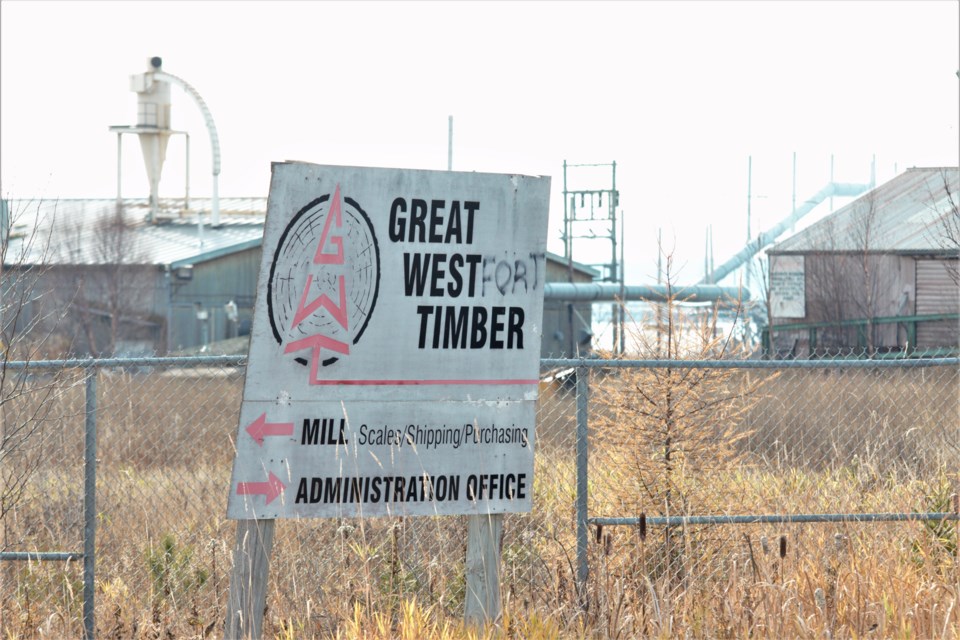Exclusive: poll of 10 countries including US, UK, France and Germany finds people prioritising measures that are already habits

Jon Henley
@jonhenley
Sun 7 Nov 2021
Citizens are alarmed by the climate crisis, but most believe they are already doing more to preserve the planet than anyone else, including their government, and few are willing to make significant lifestyle changes, an international survey has found.
“The widespread awareness of the importance of the climate crisis illustrated in this study has yet to be coupled with a proportionate willingness to act,” the survey of 10 countries including the US, UK, France and Germany, observed.
Emmanuel Rivière, director of international polling at Kantar Public, said the survey, carried out in late September and published to coincide with the Cop26 climate conference in Glasgow, contained “a double lesson for governments”.
They have, first, “to measure up to people’s expectations,” Rivière said. “But they also have to persuade people not of the reality of the climate crisis – that’s done – but of what the solutions are, and of how we can fairly share responsibility for them.”
The survey found that 62% of people surveyed saw the climate crisis as the main environmental challenge the world was now facing, ahead of air pollution (39%), the impact of waste (38%) and new diseases (36%).

‘I get scared’: the young activists sounding the alarm from climate tipping points
But when asked to rate their individual action against others’ such as governments, business and the media, people generally saw themselves as much more committed to the environment than others in their local community, or any institution.
About 36% rated themselves “highly committed” to preserving the planet, while only 21% felt the same was true of the media and 19% of local government. A mere 18% felt their local community was equally committed, with national governments (17%) and big corporations (13%) seen as even less engaged.
Respondents were also lukewarm about doing more themselves, citing a wide range of reasons. Most (76%) of those surveyed across the 10 countries said they would accept stricter environmental rules and regulations, but almost half (46%) felt that there was no real need for them to change their personal habits.
Thinking about your personal efforts to preserve the planet, would you say that the following applies to you?
I would accept stricter rules and environmental regulations 76% say yes
I am proud of what I am currently doing for the planet 74
I don't think there is an agreement among experts on the best solutions to preserve the planet 72
I need more resources and equipment from public authorities 69
I can't financially afford to make those efforts 60
I lack information and guidance about what to do 55
I don't think I really need to change my habits 46
I don't think individual efforts can really have an impact 39
I believe environmental threats are over estimated 35
I don't have the headspace to think about it 33
The most common reasons given for not being willing to do more for the planet were “I feel proud of what I am currently doing” (74%), “There isn’t agreement among experts on the best solutions” (72%), and “I need more resources and equipment from public authorities” (69%).
'We're in this together': why I'm protesting at Cop26 – video
Other reasons for not wanting to do more included “I can’t afford to make those efforts” (60%), “I lack information and guidance on what to do” (55%), “I don’t think individual efforts can really have an impact” (39%), “I believe environmental threats are overestimated” (35%) and “I don’t have the headspace to think about it” (33%).
Asked which actions to preserve the planet should be prioritised, moreover, people attributed more importance to measures that were already established habits, required less individual effort, or for which they bore little direct responsibility.
About 57%, for example, said that reducing waste and increasing recycling was “very important”. Other measures seen as priorities were reversing deforestation (54%), protecting endangered animal species (52%), building energy-efficient buildings (47%), and replacing fossil fuels with renewable energy (45%).
Respondents viewed measures likely to affect their own lifestyles, however, as significantly less important: reducing people’s energy consumption was seen as a priority by only 32%, while favouring public transport over cars (25%) and radically changing our agricultural model (24%) were similarly unpopular.
Only 23% felt that reducing plane travel and charging more for products that did not respect environmental norms were important to preserve the planet, while banning fossil fuel vehicles (22%) and reducing meat consumption (18%) and international trade (17%) were seen as even lower priorities.
Representative samples of more than 1,000 people were questioned in the US, UK, Spain, France, the Netherlands, Germany, Sweden, Poland, Singapore and New Zealand.
People gave themselves the highest score for commitment everywhere except Sweden, while only in Singapore and New Zealand were national governments seen as highly engaged. The gulf between citizens’ view of their own efforts (44%) and that of their government (16%) was highest in the UK.
This article was amended on 9 November 2021 to clarify that 51% of respondents said they would “definitely act to protect the planet”; an earlier version incorrectly said this figure referred to those who said they would “definitely take individual climate action”.
How would you rate, in terms of importance, the following measures aimed at preserving the environment and the planet?
Reducing waste and increasing recycling 57% say very important
Stopping deforestation 54
Protecting endangered animal species 52
Building energy efficient buildings 47
Banning the use of polluting substances in industry/agriculture 46
Replacing fossil fuels with renewable energy 45
Increasing consumption of local products 33
Developing natural spaces with limited human activity 32
Reducing people’s energy consumption 32
Decreasing the amount of energy we use to heat or cool our homes 32
Favoring the use of public transport over cars 25
Radically changing our agricultural model 24
Reducing travel by planes 23
Increasing the price of products that do not respect environmental criteria 23
Banning fossil fuel vehicles 22
Reducing meat consumption 18
Reducing international trade 17













